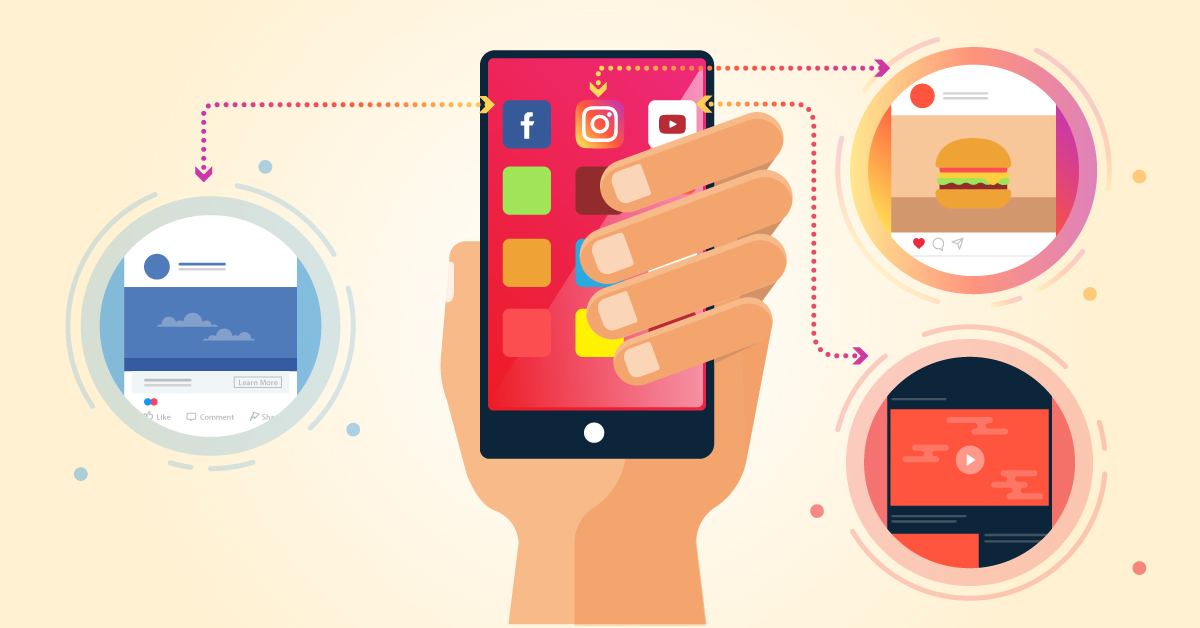This article explores the ways in which social media can be utilized to enhance learning and professional development. It will provide a guide for students, educators, and professionals on how to effectively use social media platforms to gain knowledge, connect with others in their field, and further their careers.
Social media has become a ubiquitous part of our daily lives. While it is often seen as a distraction or time-waster, social media platforms can also be powerful tools for learning and professional development.
With the vast amount of information available on these platforms, individuals can connect with others in their field, access valuable resources, and gain insights into emerging trends and technologies. In this article, we will explore the ways in which social media can be used to enhance learning and professional development, providing tips and strategies for students, educators, and professionals.
Connecting with Others in Your Field:
Social media provides a unique opportunity to connect with others in your field, regardless of location or time zone. Platforms such as LinkedIn, Twitter, and Facebook can be used to find and follow industry leaders, join groups and communities, and engage in conversations with others who share your interests.
By connecting with others in your field, you can gain valuable insights, access job opportunities, and build a network of contacts that can help you further your career.
Accessing Valuable Resources: Social media platforms are also a rich source of information and resources. Whether you are a student looking for study materials, an educator seeking teaching resources, or a professional seeking industry news and trends
Social media can provide access to a wide range of valuable resources. Platforms such as YouTube, Reddit, and Medium can be used to find tutorials, articles, and videos on a range of topics, while platforms such as LinkedIn Learning and Coursera offer online courses and training programs.
Staying Up-to-Date with Industry News and Trends:

One of the key benefits of social media is the ability to stay up-to-date with the latest news and trends in your industry. Platforms such as Twitter and LinkedIn allow you to follow industry leaders and organizations, while hashtags can be used to track conversations and news related to specific topics. By staying informed about emerging trends and technologies, you can position yourself as an expert in your field and gain a competitive edge in your career.
Building a Personal Brand:
Social media can also be used to build a personal brand and establish yourself as an expert in your field. By sharing your thoughts and insights on industry topics, creating and sharing original content, and engaging with others in your field, you can establish yourself as a thought leader and gain recognition from your peers. Platforms such as LinkedIn, Twitter, and Medium are particularly useful for building a personal brand, as they allow you to showcase your expertise and connect with others in your industry.
Engaging in Professional Development:
Social media platforms can also be used to engage in professional development. LinkedIn Learning and Coursera offer online courses and training programs on a range of topics, while platforms such as Twitter and LinkedIn can be used to participate in online discussions, attend virtual events and conferences, and learn from industry experts. By engaging in professional development through social media, you can gain new skills and knowledge, expand your network, and stay competitive in your career.
Tips for Using Social Media for Learning and Professional Development:
While social media can be a powerful tool for learning and professional development, it is important to use these platforms strategically.

Here are some tips for using social media effectively:
- Identify your goals: Before you start using social media for learning and professional development, identify your goals and what you hope to achieve.
- Choose the right platforms: Choose platforms that are relevant to your goals and your industry.
- Follow the right people: Follow industry leaders, organizations, and experts in your field.
- Engage in conversations: Engage in conversations and discussions with others in your field to build relationships and gain insights.
- Share your knowledge: Share your own insights and expertise on industry topics to establish yourself as a thought leader.
- Be consistent: Consistency is key when using social media for learning and professional development. Set aside dedicated time each day or week to engage with others and stay up-to-date with industry news and trends.
- Use hashtags: Hashtags are a powerful tool for tracking conversations and news related to specific topics.
- Join groups and communities: Join groups and communities on social media platforms to connect with others who share your interests and gain access to valuable resources.
- Be professional: Remember that social media is a professional platform, and always conduct yourself in a professional manner.
- Don’t be afraid to ask for help: If you are unsure how to use social media for learning and professional development, don’t be afraid to ask for help. Reach out to peers or industry experts for guidance.
Conclusion:
Social media has the potential to be a powerful tool for learning and professional development. By connecting with others in your field, accessing valuable resources, staying up-to-date with industry news and trends, building a personal brand, and engaging in professional development, you can gain a competitive edge in your career.
To use social media effectively, it is important to identify your goals, choose the right platforms, follow the right people, engage in conversations, share your knowledge, be consistent, use hashtags, join groups and communities, and be professional. By following these tips and strategies, you can make the most of social media and enhance your learning and professional development.








